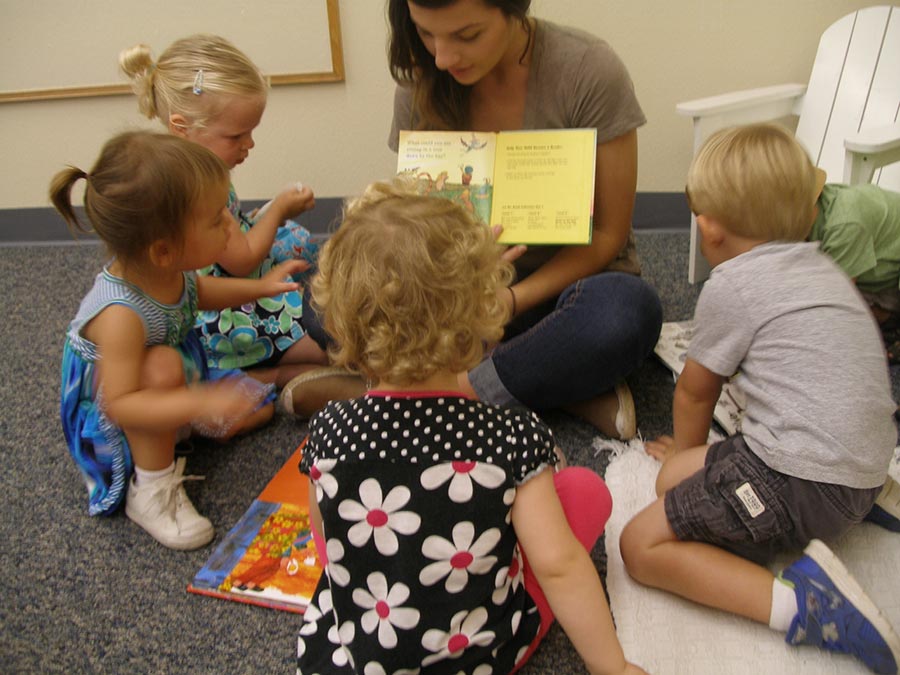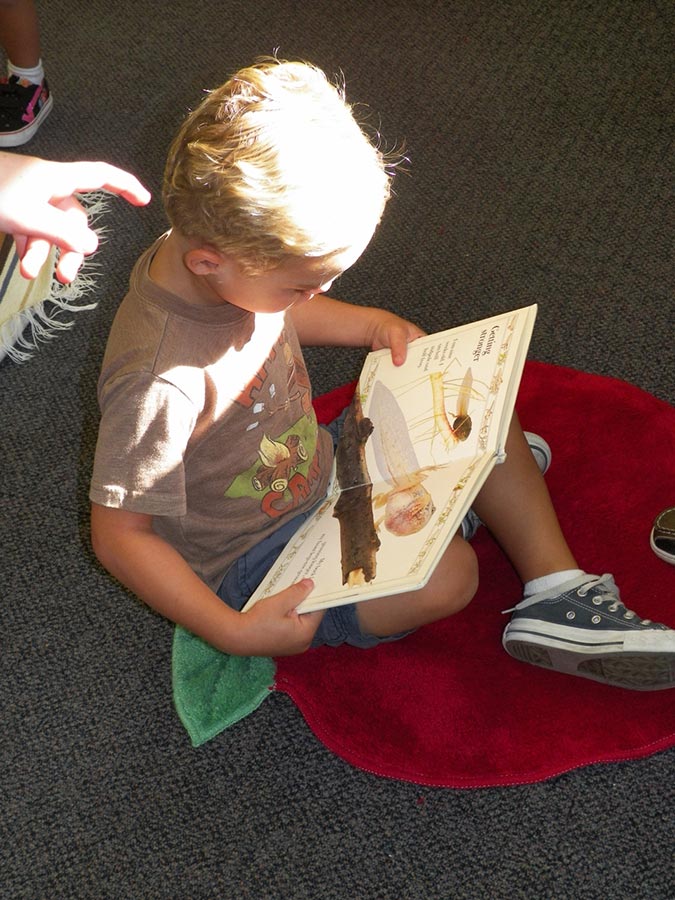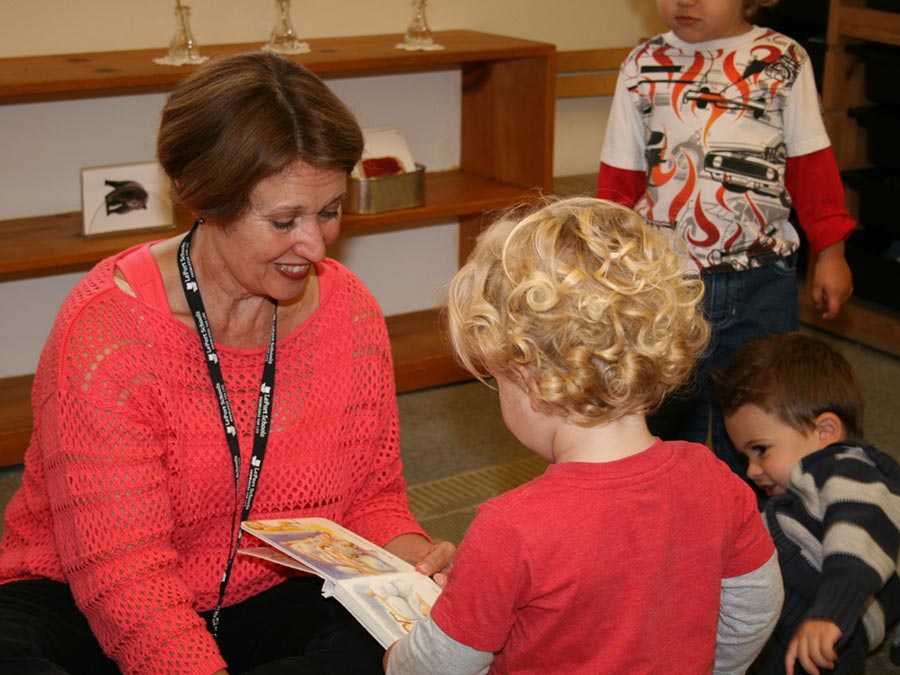LePort Blog: Reading for Happiness
Part one of four of our reading aloud blog post series
Much has been said about the benefits of reading with your child. Reading together regularly helps your child develop basic literacy skills, such as the left-right progression of words and the connection of print to the spoken word; it enriches his vocabulary; it offers her the background knowledge essential to understanding written content, once the progress beyond decoding simple books. Perhaps most importantly, by reading with your child you model the practice of turning to books for information and entertainment, rather than defaulting to TV and video games. Children who acquire a habit of reading for fun consistently show higher academic achievement, both in school and in college.
All these are valid reasons for reading with a child. And they are certainly true: in our classrooms, we can readily tell which children have a strong literacy environment at home. They are the ones who listen attentively when we read aloud, the ones who ask the best questions, draw the most creative pictures, and can’t wait for both silent reading time and the opportunity to write their own stories.
As a parent, however, these concrete educational benefits are not why I read to my two children every day.
I read with my children because sharing great books brings joy to us. We devour books because reading is a personal value, because I love doing it, and because sharing this value with my children, and seeing the pleasure they derive, is a highlight of every day.
My children, in turn, can’t wait to cuddle up next to me with a good book. They are excited when we go on our bi-weekly library trips, which usually end with us sitting amidst a pile of book when we get home, forgetting all about making dinner or cleaning up the family room, losing ourselves in story after story. When I come home from work, they often greet me excitedly holding up an Amazon package that arrived in the mail, eager to open it and discover a new favorite book.
In Montessori, we distinguish between the direct and the indirect lessons a child learns from an activity. The direct lesson—tying laces, preparing and serving snack, creating art with the Metal Insets—is often what interests and motivates the child. The indirect lesson—finger dexterity, following multi-step processes, impulse control, pencil grip—are inherent in the design of the activity, and a key pedagogical reason for offering it to the child. Yet they usually hold no motivational value to the child.
A 4-year-old does not draw dozens of Metal Inset in order to improve his pencil grip, so that he’s ready for handwriting later on. No, he is drawn to the Metal Insets because of the pleasure of working with it, and the pride he takes in seeing the picture he has created. The power of a Montessori environment is that a child’s direct, inner motivation and joy is what fuels the motor driving his development forward.
Similarly, when we read with our sons and daughters, our direct motivation should not, and cannot, be the academic benefits that result, no matter how important and real they are. To the extent we view read aloud as a mere educational tool, a “should do” rather than a “want to”, we’ll find it hard to fit it into our busy days, where another “to do” is the last thing we need. We’ll feel guilty if we don’t read, because we know its good for our children, but it just won’t happen as often as it “should”. When we do squeeze reading in, we are tempted to make it a lesson. Our children will notice, balk at being made a means to an end (even if the end happens to be their own future), and resist engaging fully.
If, instead, we manage to make reading a want, something both we and our children crave, if favorite picture books become, as one dad reminisces, “evocative of some of life’s best things — wet hair, clean pajamas, the end of working days”, then reading with our children will not be yet another imposition on our time, but instead a treasured moment we will protect jealously.
At LePort we believe that education and parenting is all about facilitating a child’s quest for his personal happiness. For us, this means not just helping a child become a successful, fulfilled adult many years down the road, but just as importantly, making childhood and the process of learning a joyous experience. At the deepest level, we reject any dichotomy between these two profound needs.
If you find it challenging to fit reading into your daily routine, if you’d like to read more, but can’t seem to find the time, if reading seems like a “should do” rather than a “want to” at the end of a busy day, I’d encourage you to reframe your purpose: think less about how reading will help your child succeed in the future, and focus instead on how fun it will be to share a story with your child today in the here and now. Approach reading a book with the same attitude that you would approach going out for ice cream or throwing a football or playing a board game—not a necessary means to a future end, but a treasured and cherished end in itself.
Happy reading!
















